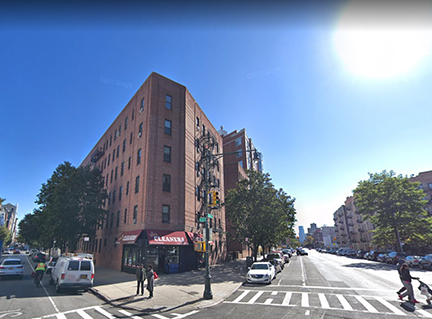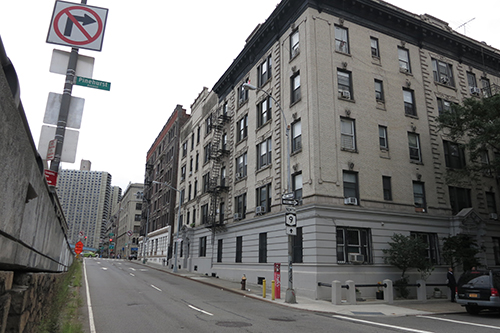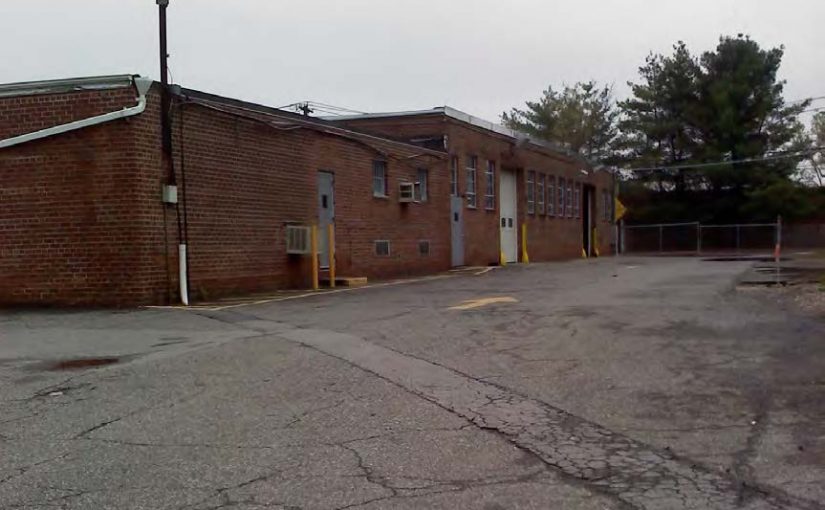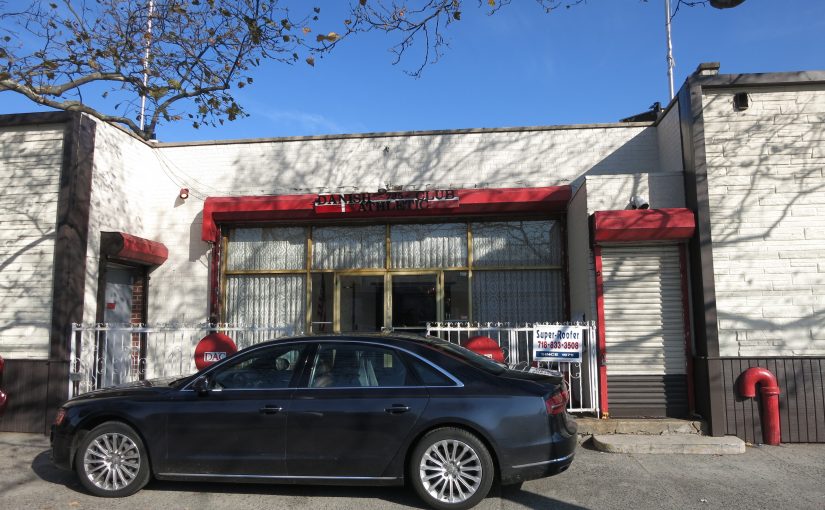Commercial Real Estate Loans
Commercial Real Estate Mortgages are used for a variety of reasons but, of course, the underlying reason for all of them is a borrower’s need for cash. Whether it be acquisition, renovation, development or just to free some cash up using the equity of the property, borrowers use commercial mortgages to make up for a shortfall in liquid assets.
Commercial real estate loans are typically made to business entities formed for the specific purpose of owning commercial real estate. Entity types include corporations, developers, partnerships, funds, trusts, and real estate investment trusts, commonly known as REITs.
Here are some of the typical commercial mortgage types:
Traditional commercial mortgages have loan terms that range anywhere from 3-20 years, with a balloon payment due at the end of the term. They usually amortize on a 30-year schedule, thus the need for a balloon payment at the end of the loan term. Rates for these loans generally start 50 to 150 bps higher than your typical residential mortgage for a standard 15-year self-liquidating mortgage. The shorter the term of the loan, generally the lower the rate. As with a standard residential mortgage, the borrowers/guarantors credit scores are required to be at a certain level to qualify for these loans.
SBA loans are backed by the power of the Small Business Administration their affiliated CDC’s. These loans give borrowers long term financing at relatively low rates, however, qualifying for an SBA mortgage is a rigorous process. Each CDC covers a specific geographic area and works with certain approved lenders. In a typical SBA 504 loan the lender would fund approx. 50% of the loan, the SBA would fund around 40% and the borrower would have to come up with 10%. In addition, to qualify for SBA funding you must be an eligible type of business, your projected operational cash flow must be sufficient to support the debt, you must have good credit and tax return history along with expertise in the particular field of business you operate in. These, of course, are just some of the requirements in order to qualify for an SBA loan.
Commercial Bridge and Hard Money Loans are the costliest to borrowers, but these loans typically do not have the personal financial requirements that both traditional and SBA loans have. Bridge loans and Hard Money loans are synonymous. They offer short-term financing to “bridge” the gap between conventional loans or to help borrowers who wouldn’t qualify for traditional/SBA loans. These loans are asset based with little to no personal financials needed, and are usually interest only loans with balloon payments due at the end of the term, which can range anywhere from 3 months to two years. Rates and fees for these loans are much higher than other commercial mortgages, however, bridge/hard money lenders tend to move much quicker and can close loans well before the standard 90-day period seen for conventional loans.
H&O Capital Funding specializes in Bridge/Hard Money financing with a special emphasis on closing the loans as quickly as possible. With our years of experience as a commercial and residential real estate brokerage company, commercial appraisal division, owner/operators of commercial real estate throughout the tri-state area, as well as spending the past 15 years in the private lending business, we have the know-how to get loans closed as quick as anybody in the business.




